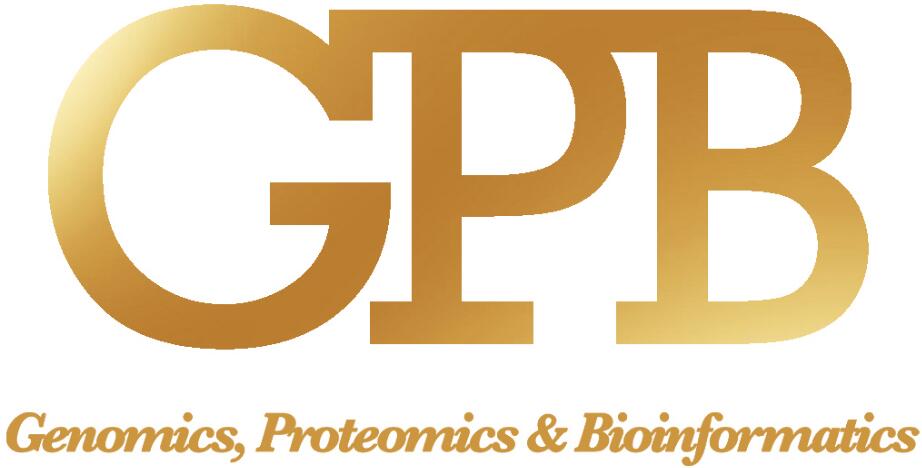Dietary phenolic compounds (PCs) have been receiving interest for their presumed roles in disease prevention. However, there is a lack of studies on the underlying molecular mechanisms. In this regard, in vitrometabolomic approaches are suitable for the investigation of the molecular changes in response to PC exposure. Up to date, the biological effects of PCs have only been examined for PCs from rosemary (Rosmarinus officinalis), olive oil, and resveratrol using cell-based metabolomic approach, although transcriptomic and/or proteomic studies have also been conducted in the same in vitro cell experiment in some cases. Our integral analysis of the reviewed studies suggest that PCs may be involved not only in basic cellular processes or macro- and micro-nutrient metabolism, but also in specific metabolic pathways that have been thoroughly investigated. These modulated pathways could have a clinical impact on neurodegenerative diseases, type 2 diabetes, cancer, and cardiovascular diseases. In conclusion, the in vitro metabolomic approaches provide additional information of the molecular mechanisms involved in disease risk reduction of dietary PCs. In order to elucidate the mechanisms of action of PCs, more metabolomic cell-based studies are needed and testing the physiological conjugated forms of PCs in these cell systems could be of special interest.
酚类化合物(Phenolic compounds, PCs)是一种具有羟基化芳环结构的化学物质,它们作为次生代谢物普遍存在于植物中,并且代表了饮食中提供的最能量化的植物化学物质。由于饮食中摄入的酚类化合物(PCs)在健康促进和疾病预防中的突出作用,受到越来越多的关注,但是目前鲜有研究证明其分子作用机理。目前,利用代谢组学、转录组学以及蛋白组学均发现了PCs作用的分子靶标,而在其研究方法中,体外代谢组学方法能够更好地研究在PCs暴露下细胞中分子变化。最新研究表明,虽然存在一些在相同的体外细胞实验中进行了转录组和/或蛋白质组学研究,但PCs的生物效应仅仅从迷迭香、橄榄油、白藜芦醇并使用基于细胞的代谢组学方法中得到了验证。因此,在这篇文章中,我们主要通过对已有的研究进行整合分析表明,PCs不仅可能参与基本细胞过程或常量和微量营养素代谢,而且参与某些已经被深入研究的代谢通路,这些调节通路可能对神经性衰退性疾病、II型糖尿病、癌症以及心血管疾病具有重要临床作用。总之,体外代谢组学方法对于研究膳食中的PCs降低疾病风险作用的分子机制提供了新思路。为了进一步研究PC的作用机制,需要进行更多的代谢组学细胞研究,并在这些细胞系统中测试PCs的生理共轭形式,这也将获得更多研究者的关注。


 Download 1649
Download 1649 Download 3567
Download 3567 Download 2106
Download 2106 Download 1418
Download 1418 Download 1824
Download 1824 Download 1721
Download 1721